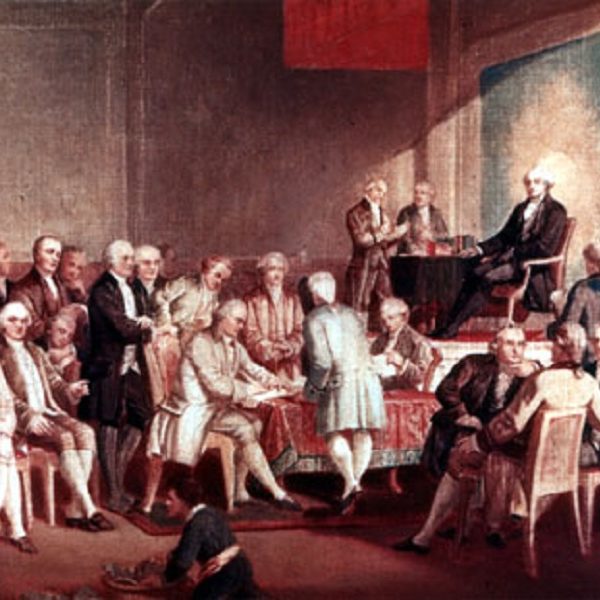What Choice Do You Have?
Walk out of your city office building and you might have half a dozen choices of nearby places to eat lunch; choose the sandwich shop across the street and inside, you have to choose from among five fillings, three types of bread, and myriad toppings. You have just finished eating when your phone rings, and you have to decide whether to answer it. When you do, it’s your brother on the line, calling to ask whether you want to come over on Sunday to watch the game. You agree, finish your lunch, and head back to the office; on the way, someone approaches you and requests that you sign their petition to save the Redwood forests of California.
 There seems to be no doubt that the human environment is characterized by a vast multiplicity of choices, and this example sketches out only the most ordinary day—on others, we choose to cast our votes in a local election, to move a grandparent to hospice care, or to set a wedding date. For more than thirty years, Burger King has been telling us to “Have It Your Way,” and other fast food chains give us similar chances to choose, “Would you like fries with that?”, another example of the way in which choice seems to permeate every aspect of our lives.
There seems to be no doubt that the human environment is characterized by a vast multiplicity of choices, and this example sketches out only the most ordinary day—on others, we choose to cast our votes in a local election, to move a grandparent to hospice care, or to set a wedding date. For more than thirty years, Burger King has been telling us to “Have It Your Way,” and other fast food chains give us similar chances to choose, “Would you like fries with that?”, another example of the way in which choice seems to permeate every aspect of our lives.
Yet in The Myth of Choice: Personal Responsibility in a World of Limits, law professor Kent Greenfield reveals that our perception of the world as being full of choices is an illusion. It’s not that the choices don’t exist—they do—it’s that we are never truly choosing freely from among them. While we may be selecting the Whopper with extra tomatoes or the buying the engagement ring, we are doing so for both conscious and unconscious reasons such that “Having It Your Way” is only an option insofar as “Your Way” can fit within a world of external constraints.
It is easy to feel as though we are exercising our free will when we select a bottle of shampoo from the many in the drugstore’s display, but in truth, Greenfield notes, we are affected by the placement of the bottles in question, what’s on sale on this particular day, the words written on the label, or the recommendation of our next-door neighbor. Rinse and repeat this same choice scenario in the political realm, and its easy to see that the ramifications are more serious than paying thirty more sense for extra-moisturizing conditioner. With the Republican primaries all over the newspapers, it is easy to believe that voters are empowered with choice; yet, Greenfield would remind us that our decisions are constrained by our environments whether we are willing to acknowledge it or not.

